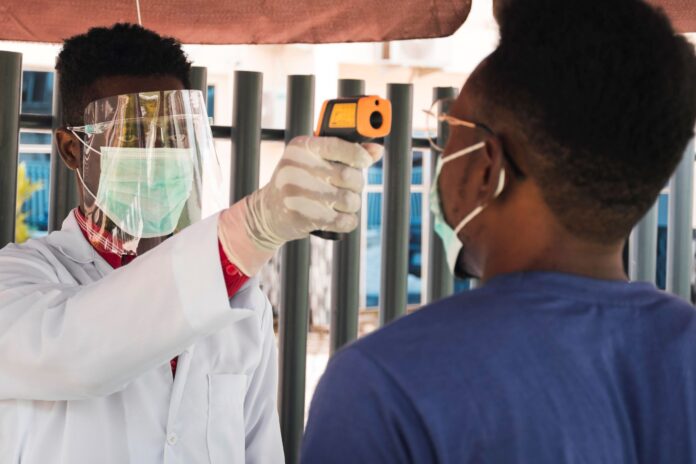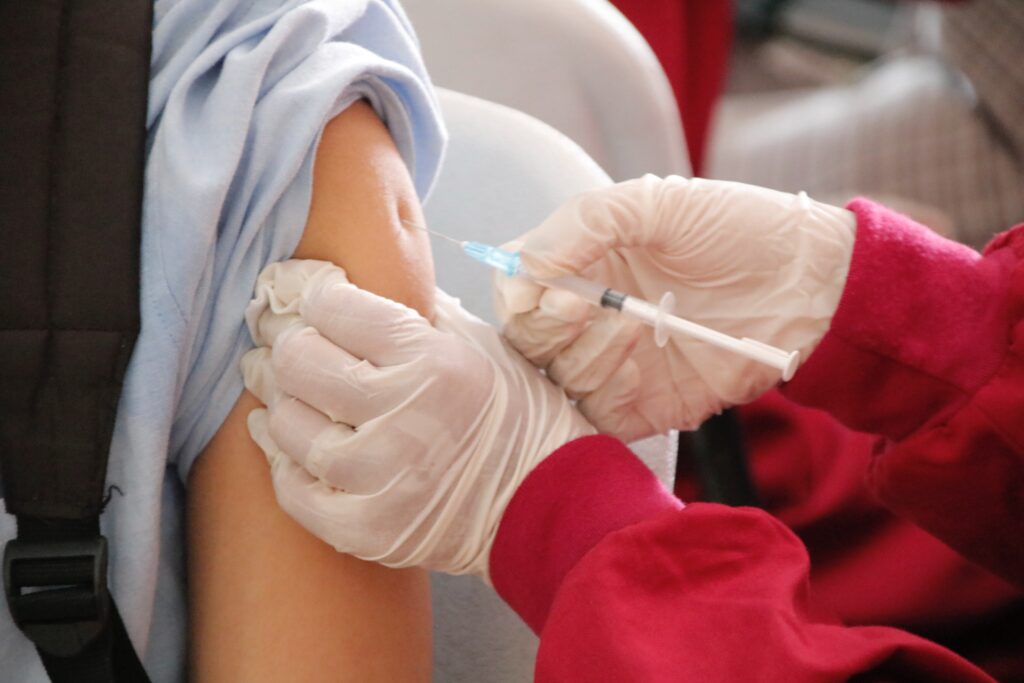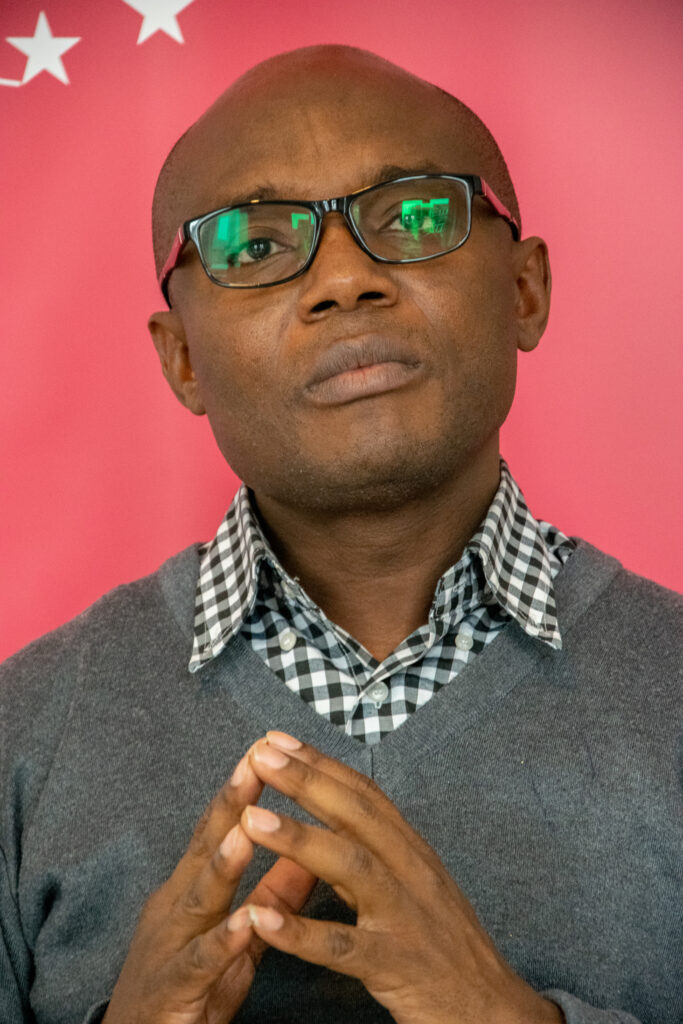
The growing Covid-19 crisis facing Africa will require more extensive levels of international cooperation, coordination, compromise and care than there is now. There is a call here on more powerful nations like the G20 to take leadership, to be a ‘Good Samaritan’ and to promote international cooperation to find a solution to the current gaps in the distribution of the vaccines.
Pope Francis, in Fratelli Tutti, teaches that fraternity and social friendship are the way to build a better, healthier, more just and peaceful world. The Pope warns against a “culture of walls” and calls humanity to say no to the current competition in acquiring of the vaccines and to globalised indifference and exclusion of others. In the Vatican’s 20 points for a fairer and healthier world, Pope Francis, has affirmed the need to make the new COVID-19 vaccines available and accessible to all saying: “if there is the possibility of treating a disease with a drug, this should be available to everyone, otherwise an injustice is created.”
In 2015, all nations of the world agreed to reach the target of SDG 3.8 by 2030, which calls for “access to safe, effective, quality, and affordable essential medicines and vaccines for all.” The call by India and South Africa for an urgent waiver of the World Trade Organization (WTO) Agreement on Trade-Related Aspects of Intellectual Property Rights (TRIPS) on intellectual property in relation to prevention, containment, or treatment of COVID-19 for the rapid scale-up of production and distribution of vaccine and therapeutics is along the lines of the SDG 3.8 target. But even though legal frameworks for the development of bioequivalent, cheaper versions of medicines, often referred to as “generic” medicine may be in place, we are aware that many countries in Africa lack the “adequate resources and infrastructure for the production of pharmaceutical products.”

There is therefore the need for the easing of the provision under the 2001 Doha Declaration that would allow them to import generic forms of medicines from countries with developing capacity. This should be supported by an accompanying transfer of technological knowledge for production and manufacturing of generic vaccines.
The scaling up of local production and manufacturing of vaccines will require urgent global financing. There is need to expand the liquidity and fiscal space for poor countries. As a first step, the G20 countries should approve their IMF SDR reallocation to poorer countries in order to empower the IMF to increase its emergency financing. To achieve meaningful results in 2021, COVAX should have guaranteed funds in 2021 of US$20–40 billion, which it would turn into firm agreements on expanded vaccine production. Moreover, members of the Developing Countries Vaccine Manufacturers Network should be engaged with the efforts of COVAX to produce low-cost vaccines at scale.
It is necessary to quell the pandemic in every country and region. As the UN has warned, “Nobody is safe until everyone is safe.” But currently, the global roll-out of COVID-19 vaccines to date is far from being inclusive and is not adequately planned. The supply of vaccines to COVAX extremely slow as high-income countries (HICs) outpace the low-income countries for limited supplies of COVID-19 vaccines. It is a matter of concern that currently the COVAX volumes to be released between February and June for Africa may not extend beyond the needs of frontline health care workers and may thus not be enough to contain the increasing toll of the pandemic in Africa. The target of 600 million doses from COVAX will only cover only about 300 million people across the continent amounting to only about 20% of the population
There is urgent need for global cooperation to guide the global sharing of vaccines and therapeutics through established efforts like the COVAX facility, the African Vaccine Acquisition Task Team (AVATT) established by African Union Chair President Cyril Ramaphosa and private businesses-led ones like the COVID-19 Vaccine Equity Project (CVEP) rather than have a few powerful countries dominate acquisition of the vaccine.
There is a call here on donor nations, business and rich individuals, in the rich North, in Africa and elsewhere, to further step up their financial aid and ensure that more vaccines are provided through COVAX given that most African countries are facing liquidity problems, are already embroiled in debt crises and if no help is given may be forced to borrow further in response to the pandemic and to shore up their economies. The majority of African countries are confronting an impossible fiscal choice between servicing increasing debt and spending to protect health, education and social protection.
More effective vaccines are being developed but they need to reach every person. In order to ensure that the needs of vulnerable populations are met and that the goal of maximum global coverage is attained there is need for the urgent scale-up of production and distribution of vaccines in Africa and in other low- and middle-income countries (LMICs). The World Health Organisation (WHO) World Health Assembly should re-convene urgently to update its recommendations on the fair and equitable distribution of vaccines.

Article By Charles B. Chilufya S.J
Director of the Justice and Ecology Office of the Jesuit Conference of Africa and Madagascar (JCAM)

